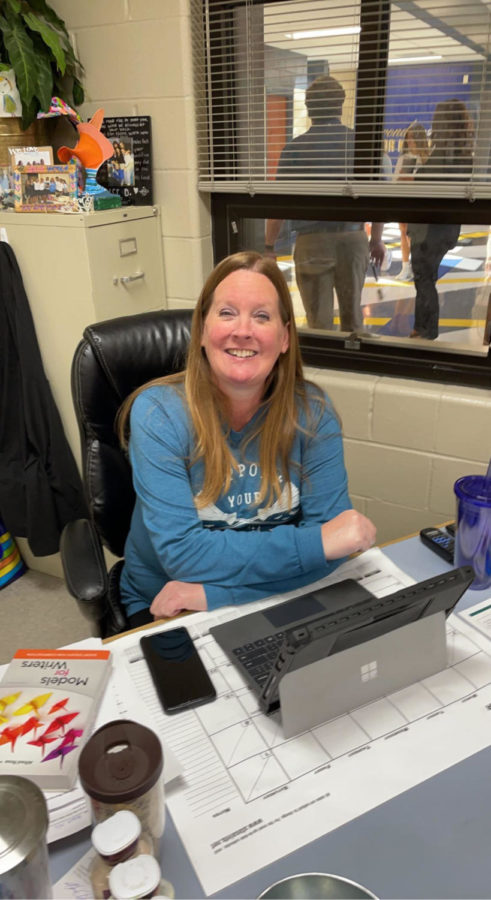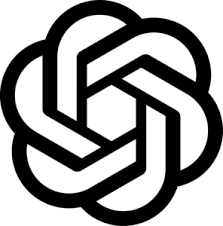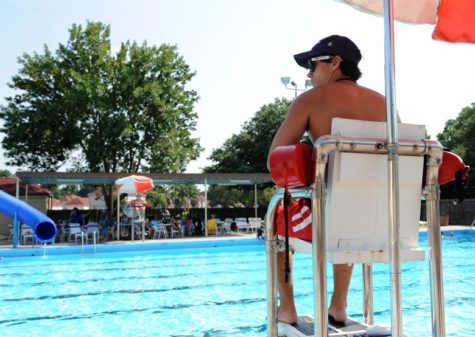It’s All Downhill From Here
Keeping Up With Your Classes.
April 27, 2023
Easter Break marked the starting point for the final stretch toward summer break. Instead of counting the months leading up to the last day of school, we are now counting the weeks and number of classes we have until summer is officially here. Since our time in school is running out, teachers are cramming everything they need to teach us into our brains, resulting in an increase in the number of tests, quizzes, and projects we have to do. Our excitement for summer can trick us into relaxing and slacking in our school work right at the end, making students falter in their studies and causing their grades to plummet at the last second. School is like a long-distance race. If you are winning the race and can see the finish line a few hundred meters away, what do you do? Do you throw everything you have left in the tank, or relax and allow for the person behind you to sneak up and steal the win at the last second?
In order to avoid the latter, students must push past their self-inflicted limits and step up to the level of commitment that teachers required them to be at for the final stretch. People have different learning habits and techniques they use for memorizing and studying their subjects. People who have good habits and approach studying from a smart angle usually have no problem with the tsunami of assignments, but people who have bad habits or don’t know how to study efficiently will be caught in the middle of the tsunami and be overwhelmed. To help with this urgent need, I have outlined some very helpful tips and tricks to improve your memorization and learning skills for relieving the stress of this additional workload.
Have a strong understanding of your subject. If you have enough knowledge about what you’re learning, you should be able to figure out the answer to any question the teacher will ask. When you look at a math problem, pull apart every piece of the equation and try to figure out why these pieces are needed and what each of them does. After breaking this first barrier, you can then work on a better understanding of how every equation works and easily answer every question.
Self Test. This is best paired with the paragraph above because self-testing can also help give you a stronger understanding of subjects. It is also helpful to know what is on the test and make sure you can answer all the questions you will be tested over. If you come across something you don’t know or are not confident in, it’s better to find that out before the test than during the test.
Connect it with your recall memory. I find catchy music to be the most effective strategy for memory recall because you’re always trying to get songs out of your head and force schoolwork into your head. Find a common, catchy song and replace the lyrics with something like the definition of a word or the date of a historical event. Using things that trigger your recall memory, such as colors, tastes, words, and phrases you like, will add another tool to your studying arsenal.
Repetition is probably the most widely used strategy for memorization because it is a proven method that works time after time. The saying “practice makes perfect” is really a true statement and the people who actually repeat that practice over and over again learn better and remember important information easier. Writing something multiple times or reading something, again and again, will help with memorization and improve your skills on that subject.
With the month of May drawing nearer, the need for these additional skills will become necessary for keeping grades up and stress down. It’s important to stay ahead of assignments and doing so will make life 100 times easier and more enjoyable. The harder you work, the less you have too, and these tips should make your hard work a little easier. The most important thing to out of all of these is to avoid slacking off. If you can stay strong until the finish line, it should be smooth sailing from here.














































































